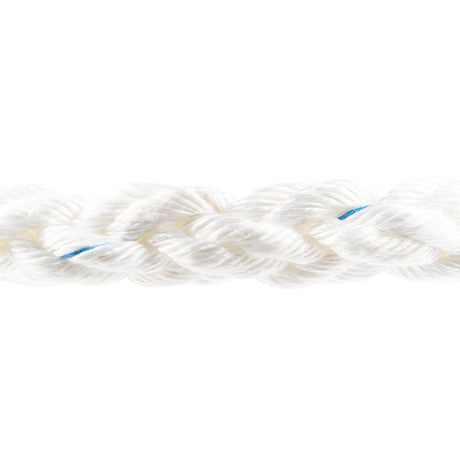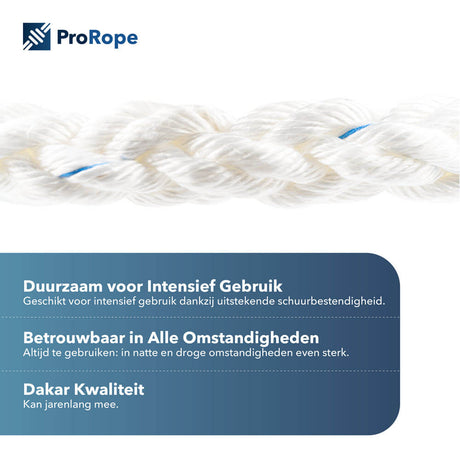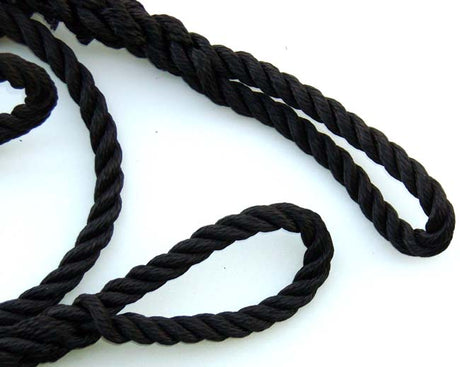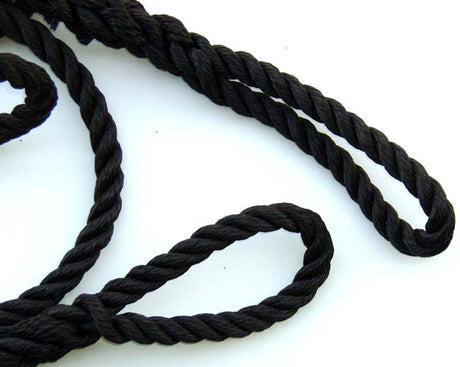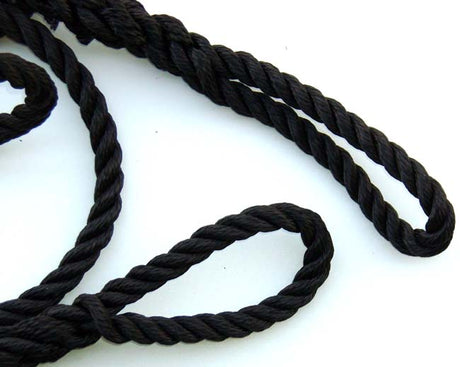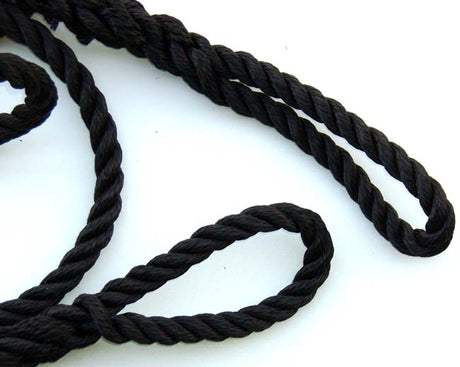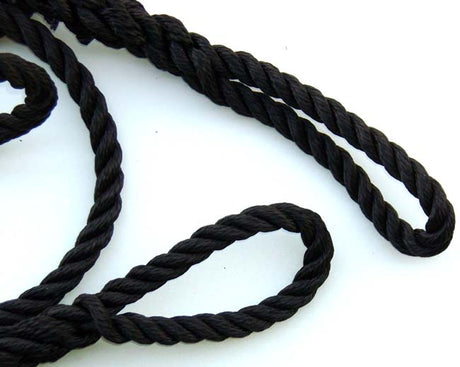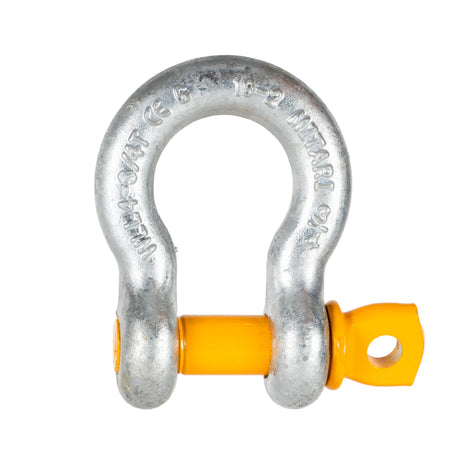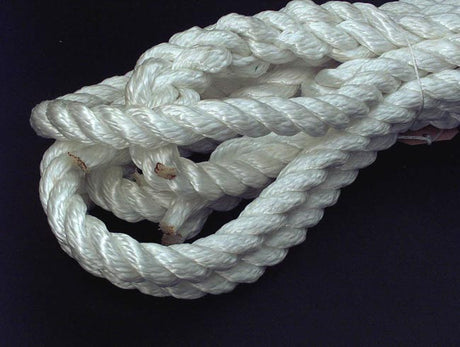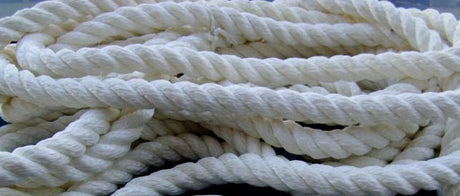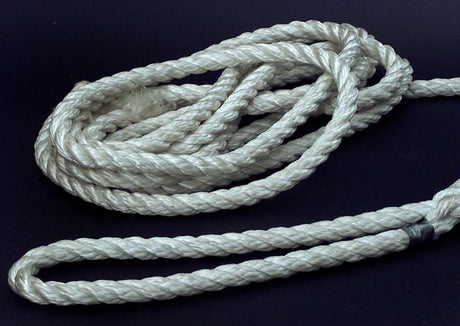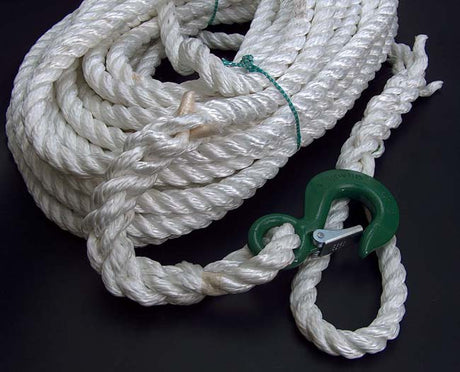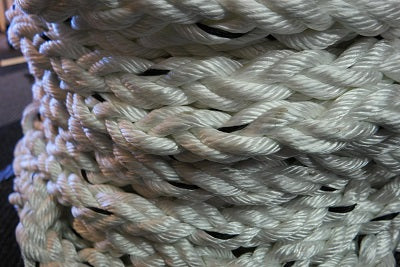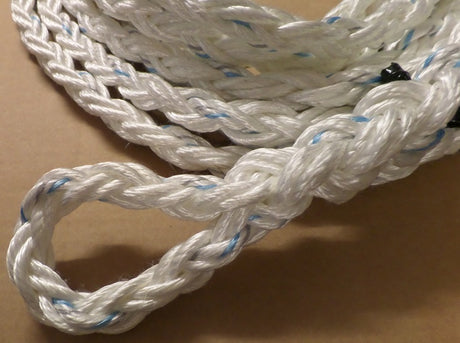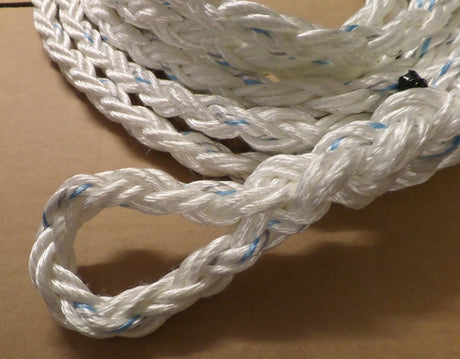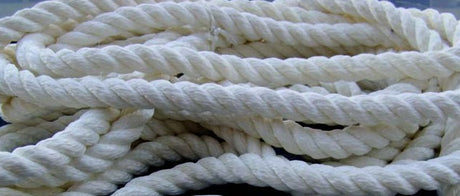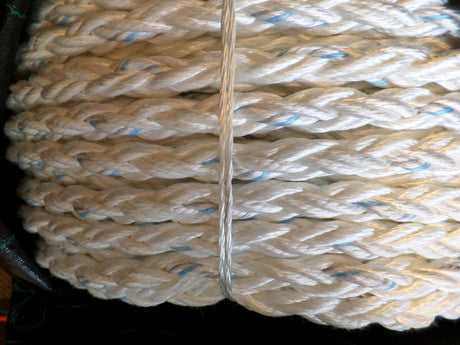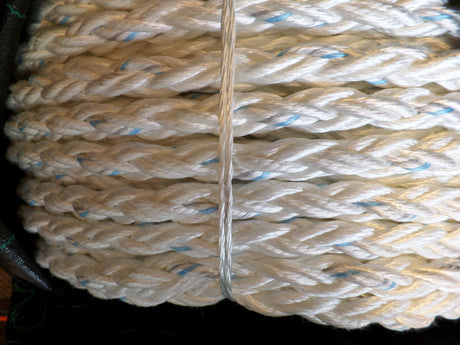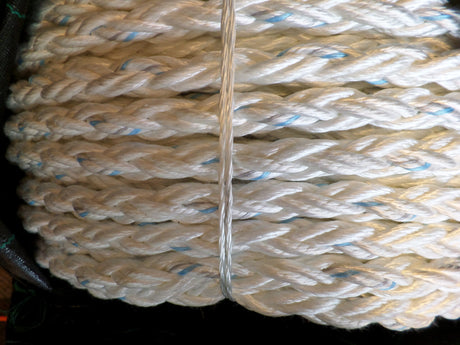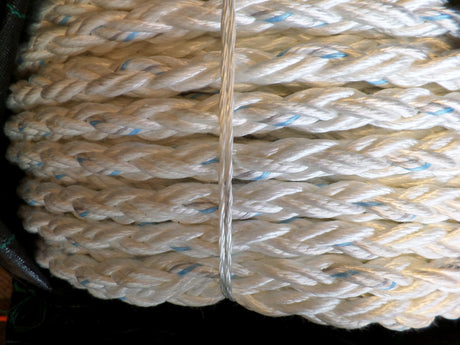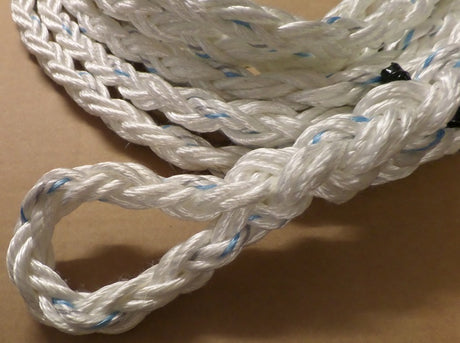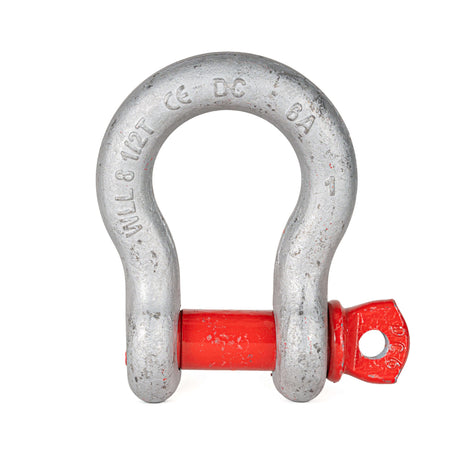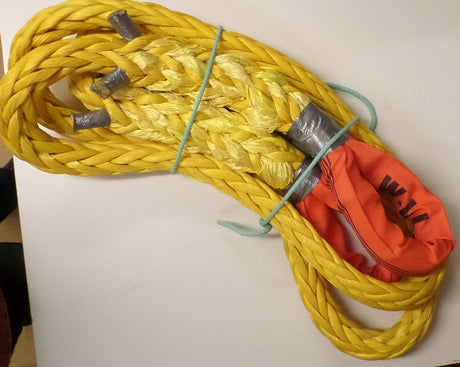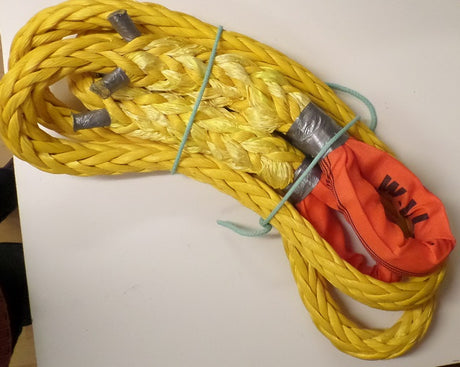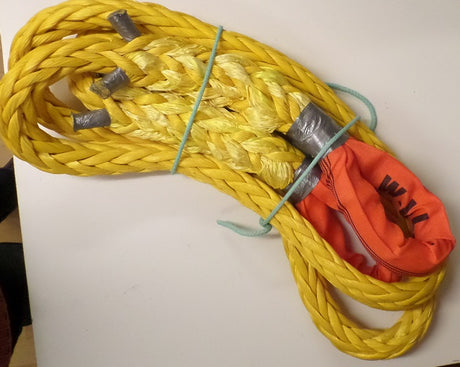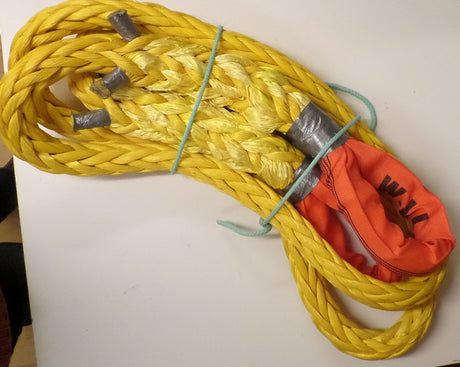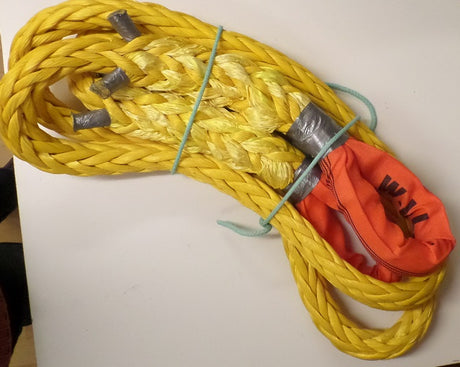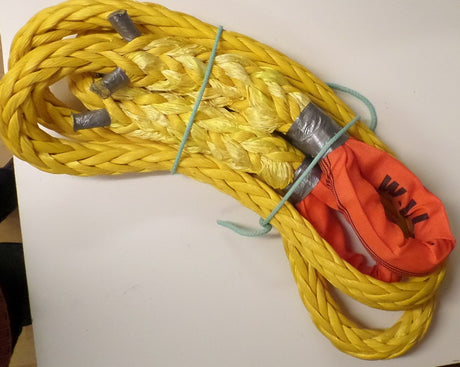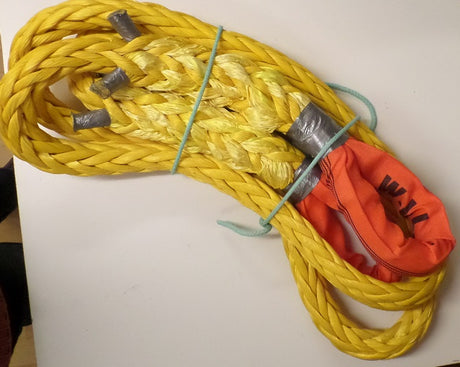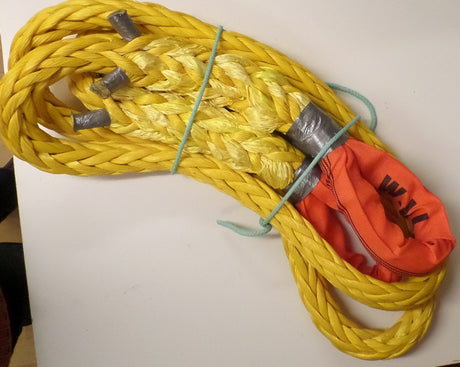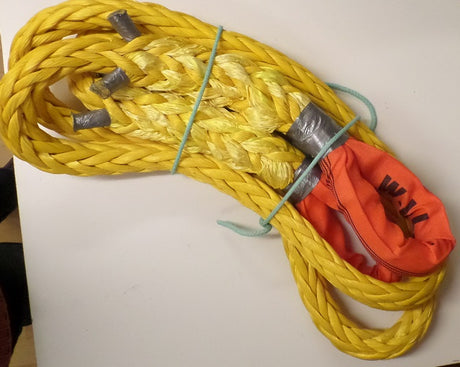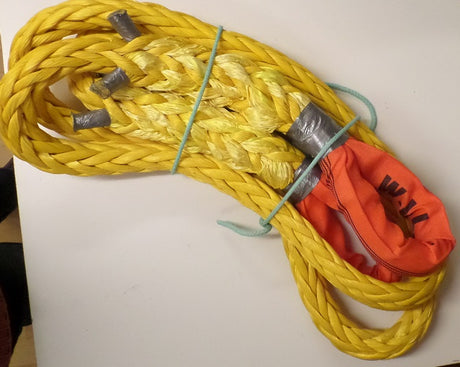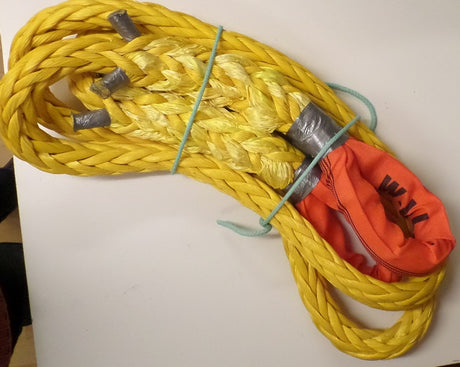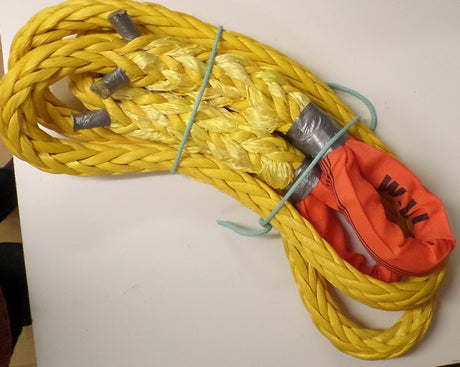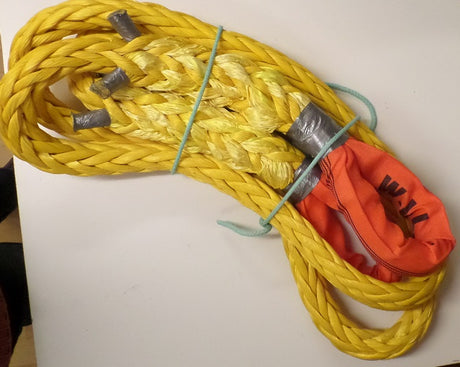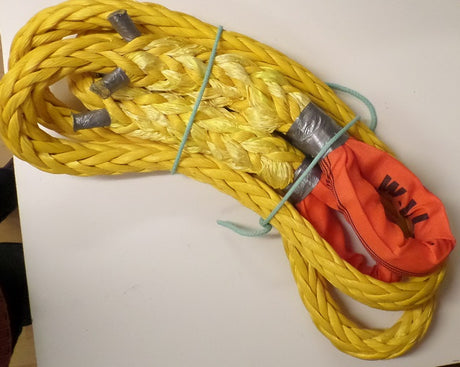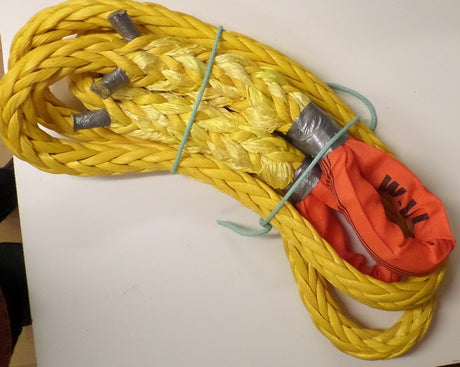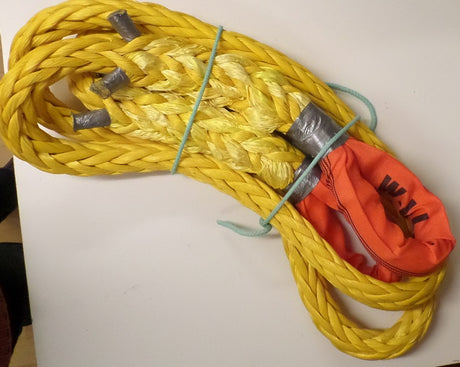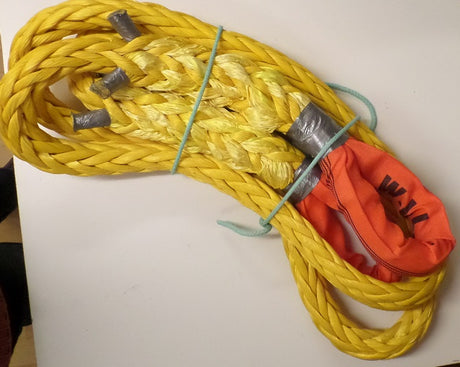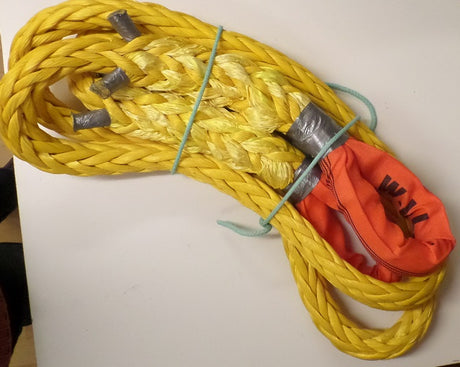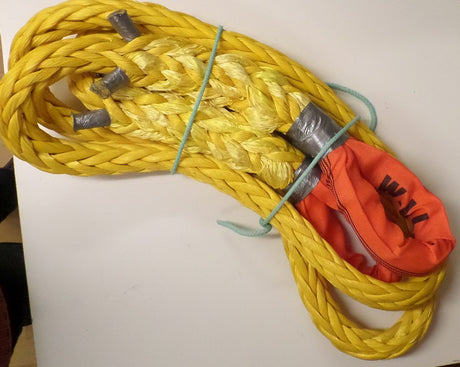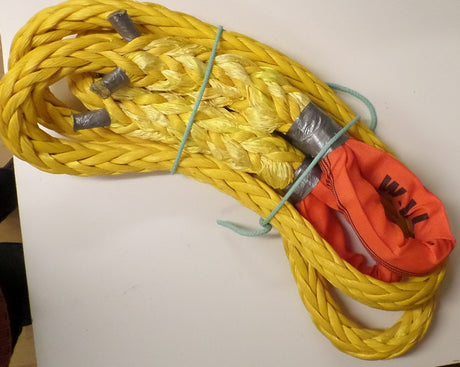Read more
Overview of Tow Ropes
Tow ropes are sturdy, flexible cables designed to connect a towing vehicle to another vehicle or object that needs to be towed. They are made from various materials, such as polyester, nylon, or even Dyneema, each with its own unique properties. When choosing a tow rope, it's crucial to consider factors like breaking strength, length, and elasticity to ensure it can handle the weight and distance of your towing job safely. We also have a 4x4 ropes collection.
Tow Rope Product Types
At Pro Rope, we offer a wide range of tow ropes to suit different towing applications. Our collection includes three main types of tow ropes: standard tow ropes, recovery tow ropes, and winch lines. Let's take a closer look at each type and their specific features.
Standard Tow Ropes
Standard tow ropes are the most common type, perfect for everyday towing tasks like pulling a boat trailer or helping a friend with a broken-down car. These ropes are typically made from polyester or nylon, offering a balance of strength, flexibility, and affordability. They come in various lengths and thicknesses to accommodate different vehicle weights and towing distances. You can also shop pulling ropes with us.
Recovery Tow Ropes
Recovery tow ropes, also known as snatch straps, are designed for more demanding off-road recovery situations. Made from highly elastic materials like nylon, these ropes can stretch up to 30% of their original length, providing a smooth and powerful pull to free stuck vehicles from mud, sand, or snow. Recovery tow ropes are a must-have for any off-road enthusiast.
Winch Lines
Winch rope lines are specialized tow ropes designed for use with winches, which are powerful mechanical devices used for pulling or lifting heavy loads. These ropes are made from ultra-strong materials like Dyneema or Kevlar, offering exceptional strength-to-weight ratios. Winch lines are essential for heavy-duty towing applications, such as recovering large vehicles or clearing debris.
How to Choose Tow Ropes
Choosing the right tow rope depends on your specific towing needs. Consider the following scenarios to help you make an informed decision:
-
For everyday towing tasks, like pulling a small trailer or helping a friend with a car, a standard tow rope with a breaking strength of at least 1.5 times the weight of the towed vehicle should suffice.
-
If you're an off-road enthusiast who frequently ventures into challenging terrains, a recovery tow rope with high elasticity is a must-have. Look for a rope with a breaking strength of at least 2-3 times the weight of your vehicle.
-
For heavy-duty towing applications involving winches, opt for a winch line made from high-strength materials like Dyneema or Kevlar. Ensure the rope's breaking strength exceeds the winch's rated capacity.
At Pro Rope, we're here to help you find the perfect tow rope for your needs. With our extensive collection and expert advice, you can trust us to provide you with a reliable and safe towing solution. Browse our selection today and experience the peace of mind that comes with using high-quality tow ropes from Prorope.
FAQs:
Q: What is the best tow rope for heavy duty towing?
A: For heavy duty towing, choose a tow rope made from durable nylon or polyester with a breaking strength 2-3 times the gross vehicle weight. Look for ropes with reinforced loops and protective sleeves.
Q: How long should a tow rope be?
A: Tow ropes should be at least 20-30 feet long to provide sufficient distance between vehicles and allow for a smooth, steady pull. Longer ropes provide more options in recovery situations.
Q: What is the difference between a tow strap and a recovery strap?
A: Tow straps are designed for static towing on the road with minimal stretch. Recovery straps are made from nylon and have more elasticity to provide a dynamic pull for extracting stuck vehicles off-road.
Q: How much weight can a tow rope pull?
A: Tow ropes are rated by breaking strength, which should be 2-3 times the gross vehicle weight being recovered. For example, a 10,000 lb vehicle requires a minimum breaking strength of 20,000-30,000 lbs.
Q: Are tow ropes with metal hooks safe?
A: No, tow ropes with metal hooks are not recommended as the hooks can become dangerous projectiles if the strap breaks. Always use ropes with soft loops that are securely attached to the vehicle's designated recovery points.
Q: What material is best for tow ropes?
A: Nylon and polyester are the best materials for tow ropes. Nylon provides strength and elasticity for dynamic recoveries, while polyester has minimal stretch and high abrasion resistance ideal for static towing.
Q: Can you use a tow rope with a winch?
A: Yes, tow ropes can be used as winch line extensions to increase the length and pulling capacity. Ensure the rope's breaking strength exceeds the winch's rated line pull and use a hawse fairlead to prevent fraying.
Q: How do you attach a tow rope to a vehicle?
A: Attach tow ropes to vehicle recovery points like tow hooks, receiver hitches, or D-ring shackles. Never attach to tow balls, tie-down hooks, or bumpers not designed for the force of towing.
Q: What is the proper way to store a tow rope?
A: Clean and dry tow ropes after use. Loosely coil or use rope bags to prevent tangling and kinking. Store in a cool, dry place away from direct sunlight, chemicals, and abrasive surfaces.
Q: How much does a heavy duty tow rope cost?
A: Heavy duty tow ropes typically cost between $40-$200 depending on the length, width, material, and breaking strength. Investing in a quality rope is essential for safe and reliable vehicle recovery.

